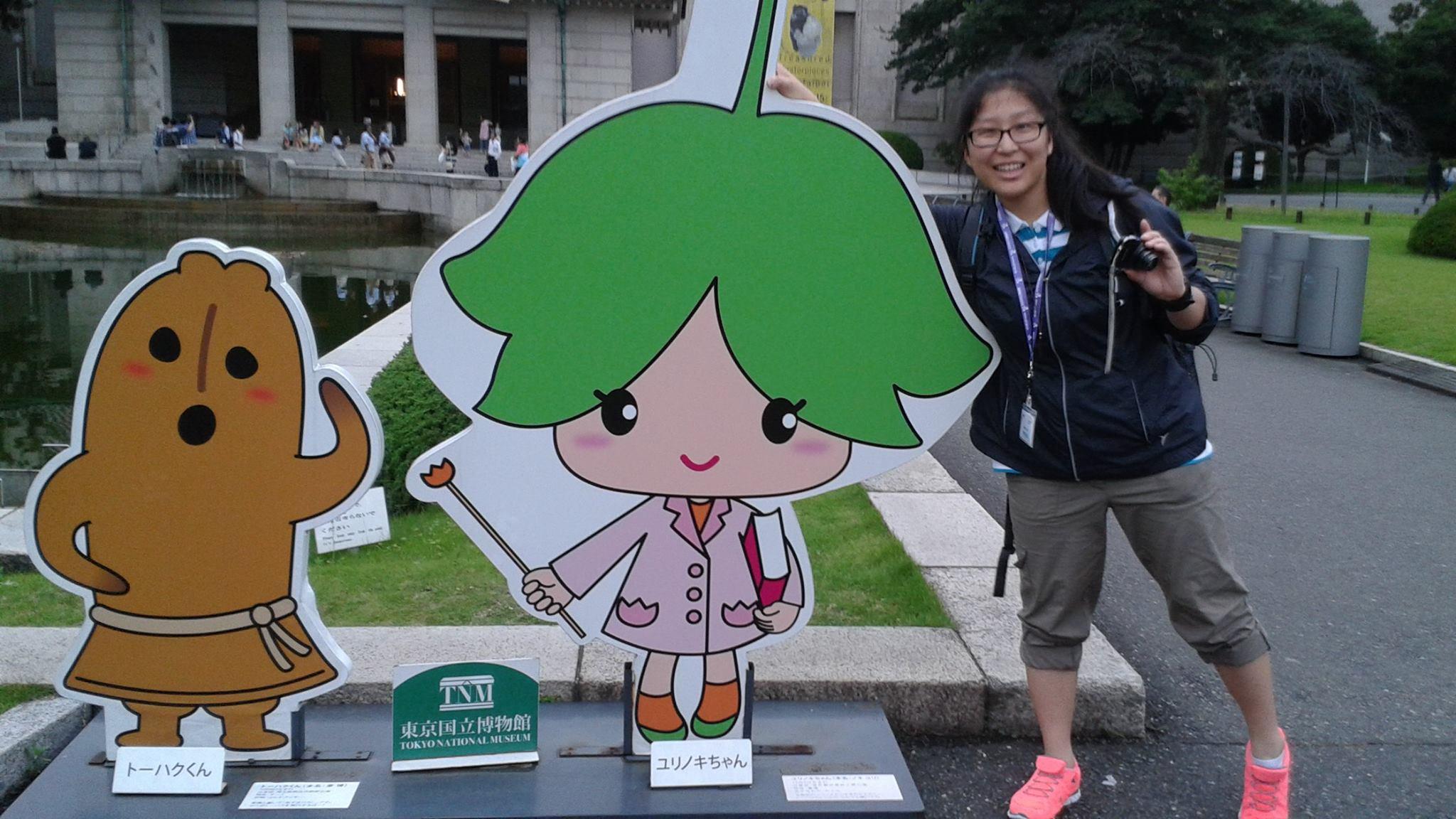

As a result of their performance in the Japan Bowl Competition, six Townsend Harris students enjoyed free visits to Japan from July 7 to July 17 this past summer through the Kakehashi Project, a program designed to help increase understanding among the people of Japan and the United States. Seniors Joice Im, Mary Ji, and Ashton Santo, and juniors Michelle Huang, Javaria Sarwar and Yun Ping Tseng were awarded with this opportunity.
The Japan Bowl was a national competition that took place from April 10-11 in Washington D.C. It consisted of a standard question-answer round, in which teams of students answered questions regarding Japanese culture and language. In another round, the students had to converse in Japanese.
“There’s a lot of material to cover in Japan Bowl,” stated Japanese and music teacher Mariko Sato-Berger. “There’s absolutely no way to be prepared completely.” Dr. Sato acted as a coach for the kids, and she attributes their feat to hard work and determination.
The teams that placed in the top five won free visits to Japan.
The Harrisites primarily spent their trip in Tokyo and Osaka.
They visited various tourist sites, including the Meiji Shrine, the Sensouji Temple, the Osaka Castle, and the Harajuku, one of Japan’s renowned shopping districts. Additionally, they spent time at gatherings where they met and directly interacted with Japanese officials.
The six winners also visited a high school in Osaka, where they were able to participate in various activities and observe the Japanese classes.
Activities included kendo, a modern sword-based martial art, and rakugo comedy, a form of verbal entertainment in which a storyteller uses only a paper fan and a cloth to narrate an intricate comic story.
“Directly interacting with local Japanese students was very exciting,” said junior Yun Ping Tseng. “I talked to many people around my age. It was fun comparing American school life to Japanese school life.”
Junior Javaria Sarwar added, “I got interested in Japanese by watching Anime, and one thing that stood out was always the characters in Kendo clubs. So I was very impressed when they showed us their club and we had an official match.”
In addition, the Kakehashi Project included a homestay period in which each individual was assigned to a host family for three days and two nights.
The students cited this experience as the most memorable part of the trip.
Senior Joice Im recalled being scared to meet her host family. She says, however, that her host sister proved to be very friendly, and that she was able to bond with the entire family.
One problem the students had to face throughout the trip was the language barrier.
Despite their high level of Japanese knowledge, the program participants did admit to some difficulty communicating at times.
“There would definitely be some times where I had to use Google Translate to accurately express what I wanted to say,” Yu-Ping recalls.
She pointed out that the homestay in particular was challenging because her host family did not speak English.
“Going to Japan made me want to practice my Japanese a lot more so that I can return someday and not struggle with communicating with other people,” Joice said.


























